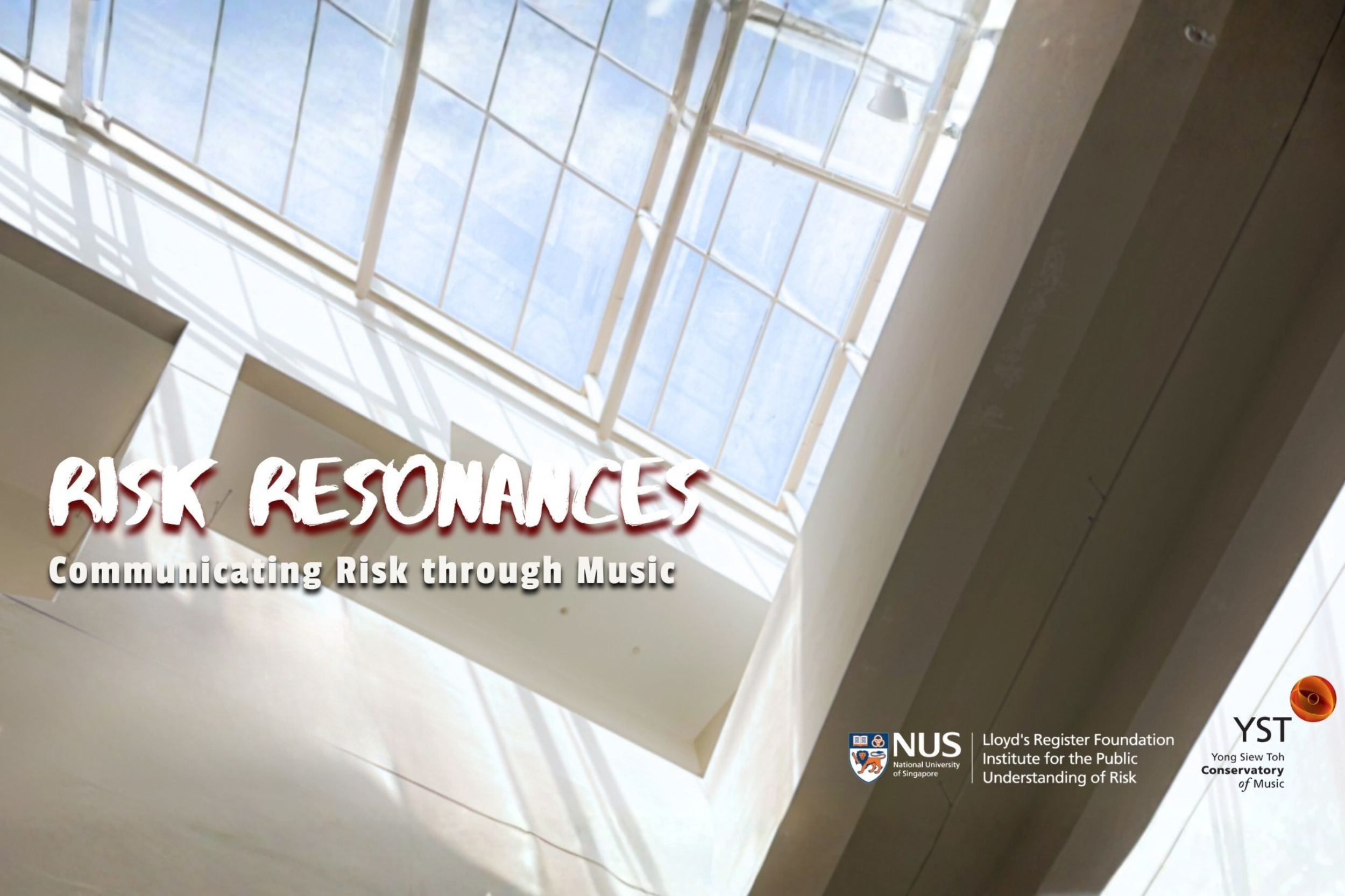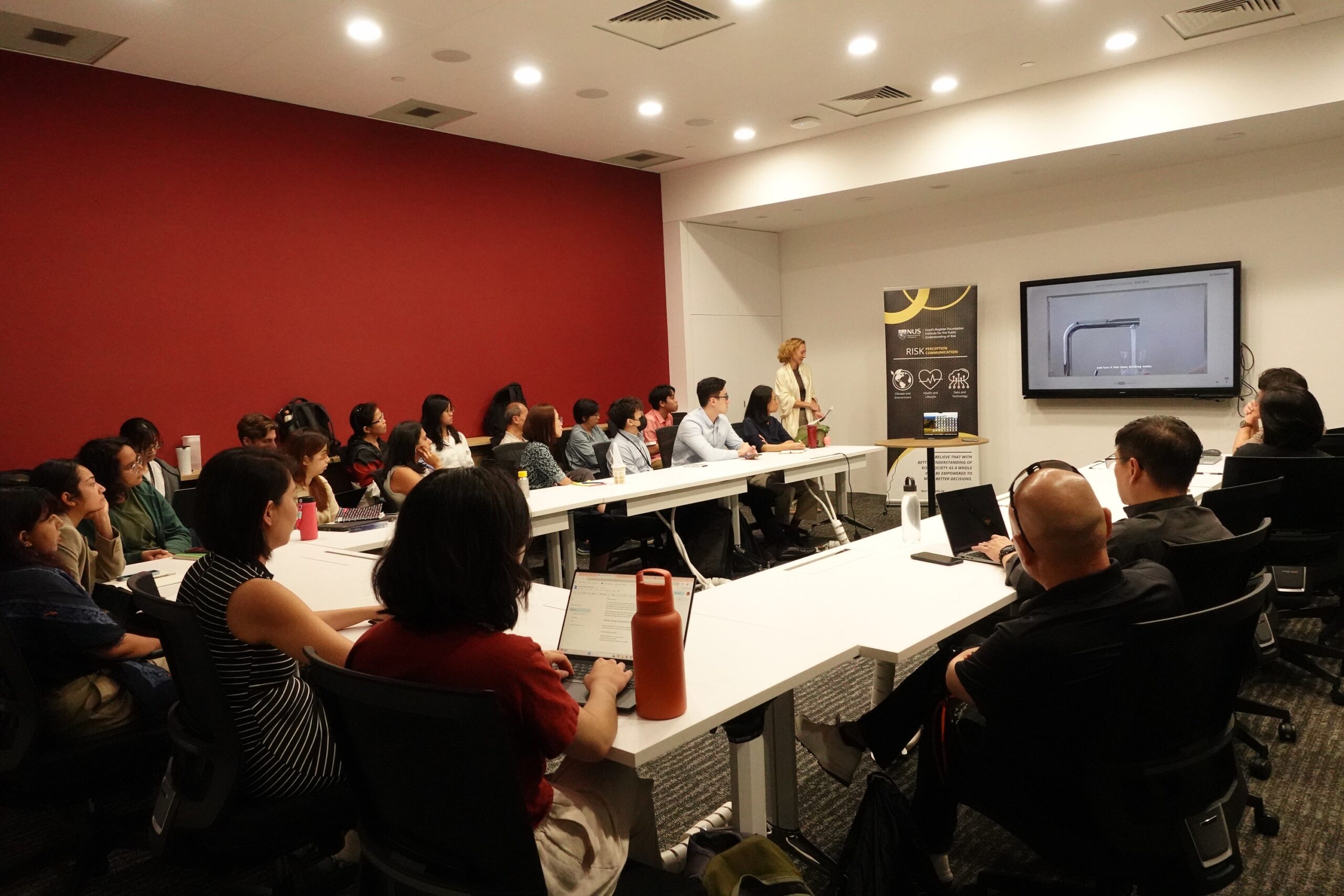Together with the Melbourne Centre for Behaviour Change, IPUR is pleased to announce the Call for Papers for the Risk Quotient Conference on 29 February 2024. The conference will be held at The Forum, Melbourne Connect. More information about registration and the programme will be available soon.
CALL FOR PAPERS
Understanding risk is pivotal to facilitating behaviour change and grounding better decision making. Whether it is an everyday risk such as deciding what food to eat or more global threats like climate change, how people perceive and understand risks affects their likelihood to shift their behaviours and decision on whether to take preventive action.
Understanding what potential risks lie ahead can set the precedence for a more risk-informed society capable of taking actions against the the biggest threats to livelihoods. To build on the growing discourse of literature and to foster insightful discussion, the Risk Quotient 2024 welcomes abstracts and papers involving topics related but not limited to:
- Disaster and crisis resilience
- Post crisis/future crisis risk perceptions and communication
- Everyday risks and behaviour adaptation
- Risk attitudes and decision making
- Health and/or environment risk communication
- Heath and/or environment risk perceptions and behaviours
- Cultural beliefs, attitudes, and practices related to environment and health risks
ABSTRACT SUBMISSION
The submitted abstract should be no longer than 300 words, and the deadline for submission is 27 October 2023. Please submit your abstract here. Submitting authors will be notified of the acceptance of abstracts by 17 November 2023. This conference is in-person and more information can be found below.
IMPORTANT DATES
- 15 September – Call for Abstracts open
- 27 October – Submission deadline
- 17 November – Notification of acceptance
- 24 November – Acceptance confirmation
CONTACT PERSON
1. Jared Ng (jaredng1@nus.edu.sg)
ABOUT RISK QUOTIENT 2024
The Risk Quotient (RQ) is a flagship conference which aims to spotlight individual and societal risks and threats through the lens of risk communication. It brings together leading scholars and experts from academia, industry, and governments to develop an integrative research and practice framework to help society navigate pertinent risk issues through improved decision making.


